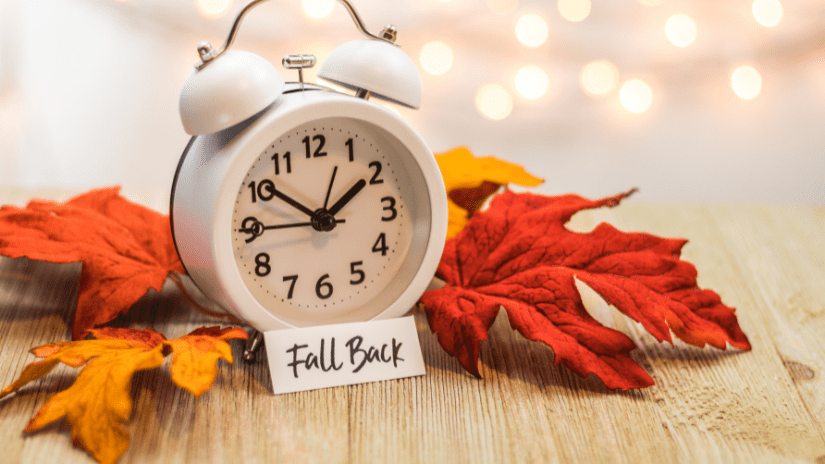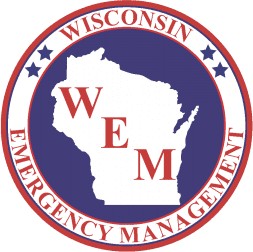
The end of daylight saving time is another reminder of the changing seasons in Wisconsin and the need to be ready to spend more time indoors. As people across the state prepare for winter, ReadyWisconsin encourages everyone to use the time change to tackle tasks that can help protect your life and property.
“It’s time to fall into good safety and preparedness habits,” said Wisconsin Emergency Management Administrator Greg Engle. “Daylight saving time ending is more than just gaining an hour, it’s a chance to gain additional protection for you and your home.”
Daylight saving time ends Sunday, Nov. 5. At 2 a.m., clocks will fall back an hour to standard time.
While many electronic devices will adjust automatically to the time change, ReadyWisconsin recommends taking some time to check and replace batteries in smoke and carbon monoxide alarms. This ensures they are working properly as more people use furnaces, fireplaces, and other heating devices to stay warm in the winter months. Remember to replace smoke alarms at least every 10 years and carbon monoxide alarms every five years.
A recent U.S. Consumer Product Safety Commission report, estimates there were 364,100 residential fires in 2020. Those fires resulted in 2,360 deaths, 11,010 injuries, and nearly $7.6 billion in property damage.
From 2017 to 2022, 248 Wisconsinites lost their lives due to carbon monoxide, according to the Wisconsin Department of Health Services. The highest number of deaths, 48, occurred in 2022 according to preliminary data from DHS.
ReadyWisconsin also recommends taking time to:
- Update your home emergency supply kit. Check for expired products or items that may need to be replaced. Having fully stocked kits will help you be prepared if you lose power or are unable to leave home because of a winter storm.
- Prepare a winter emergency kit for your vehicle. Having kits in your vehicle that include items such as blankets, flashlights and shovels can be a lifesaver if you are stuck in bad weather while driving. Find a full checklist for what home and vehicle emergency kits should include at https://readywisconsin.wi.gov/make-a-kit/.
- Check fire extinguishers. Check the gauge at the top of fire extinguishers to see if a recharge is needed.
- Maintain heating equipment. Have furnaces and chimneys cleaned and inspected every year by a qualified professional.
For tips on emergency preparedness visit https://readywisconsin.wi.gov. You can also follow ReadyWisconsin on Facebook, X, and Instagram.

